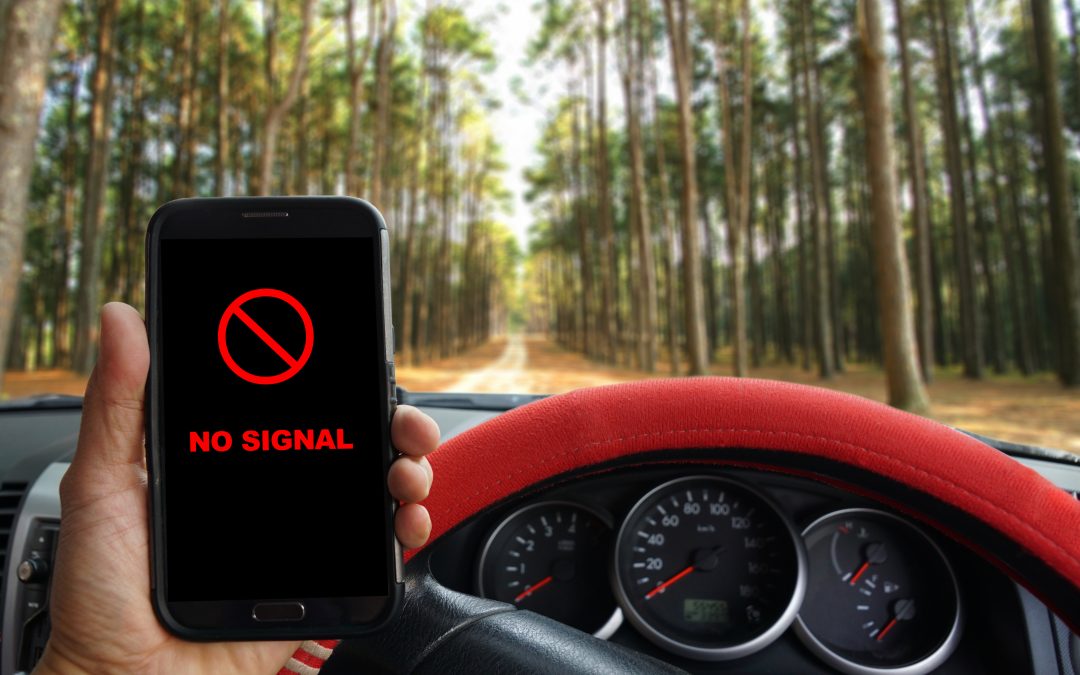Image: Shutterstock
What’s New: More popular dissemination about what has been a niche issue.
Why It’s Important: The more diverse audiences are exposed, the greater the probability of solutions.
What Else to Know:
- The author is Chief Marketing officer at Ubix.AI – interesting.
- Two RNT Foundation members, AstraNav and Xona Space Systems are named in the article.

The future of navigation is coming fast, and it’s worth keeping your eyes on the horizon.
BY Jack Borie
In a world dominated by connectivity, we rely on GPS for everything from navigating city streets to tracking the arrival of our food delivery. But most of us don’t give much thought to how it all works—until it doesn’t. Whether it’s your Uber driver getting lost in a crowded urban area, your delivery package arriving late, or an autonomous vehicle encountering a signal disruption, the vulnerabilities of GPS are becoming clearer.
As we move toward a more connected and automated future, the limitations of GPS are not just an inconvenience; they’re a roadblock to progress. Luckily, a new wave of GPS alternatives is coming, and the impact will be felt by businesses, consumers, and investors alike.
GPS: CRITICAL BUT VULNERABLE
GPS has served us well, but it has limitations. In both military and commercial applications, GPS signals are vulnerable to jamming, spoofing, and interference, leading to inaccuracies and inefficiencies. For everyday people, this could mean anything from a map taking you to the wrong location to a self-driving car losing its bearings in a tunnel. In dense urban environments, GPS struggles to provide the accuracy needed for precise navigation, especially when signals are blocked by tall buildings or adverse weather.


